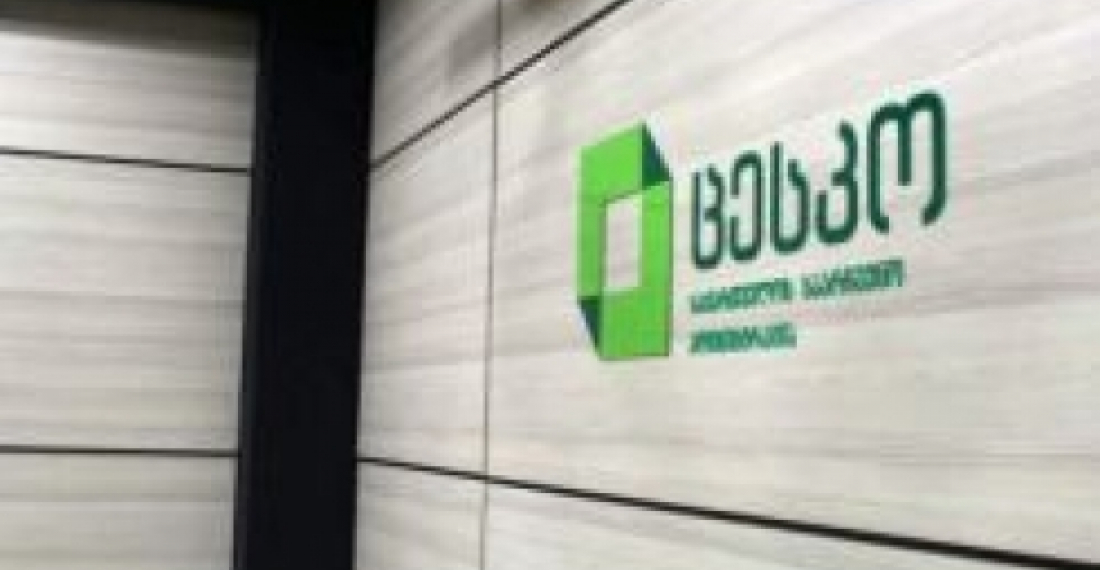Как сообщает Центральая избирательная комиссия Грузии "на состояние к 6 июня заявки на регистрацию для участия в парламентских выборах подали 25 политических партий". Процесс регистрации партий для участия в выборах ЦИК начал с 1 апреля.
Среди партий, подавших заявки, есть такие как "Демократическое движение - единая Грузия" Нино Бурджанадзе и лейбористская партия Шалвы Нателашвили, а так же небольшие партии, такие как "Коммунистическая партия Грузии", "Европейские демократы" и т.д.
Основные игроки такие как правящая партия "Грузинская мечта - демократическая Грузии", Республиканская партия, "Наша Грузия - свободные демократы" Ираклия Аласания, "Единое национальное движение" и партия "Государство для народа" Пааты Бурчуладзе пока еще не подали заявок на регистрацию.
Как стало известно в понедельник, правительство Грузии поддержало указ президента о проведении выборов 8 октября. Как ожидается, премьер-министр Грузии подпишет указ 8 июня.
источник: commmonspace.eu по материалам cesko.ge






